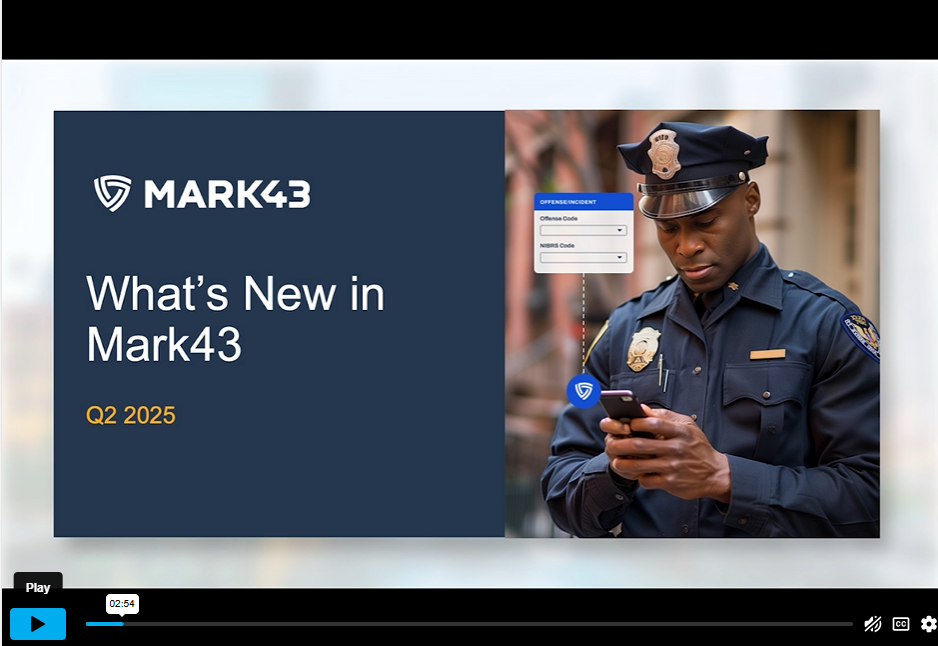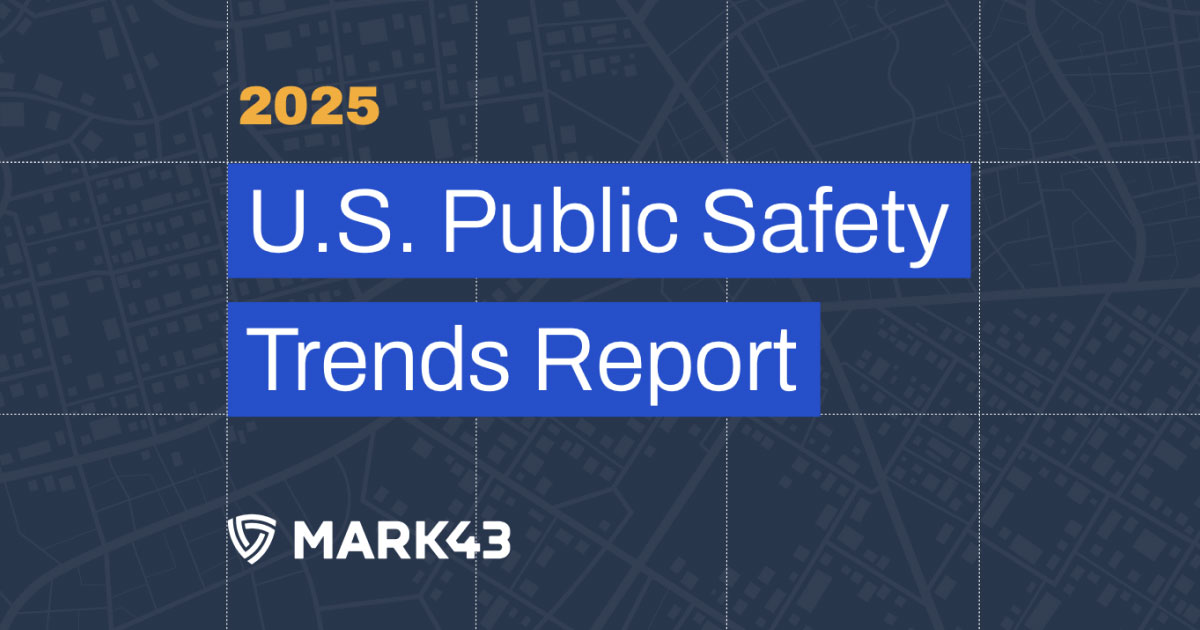
Across the UK, police forces are rethinking how they operate—from response models and reporting to data use and resource deployment. At the heart of this shift is a clear, urgent truth: building the future of public safety requires reimagining the systems that support it.
Legacy platforms are increasingly outdated, costly to maintain, and difficult to integrate. To make real, lasting progress, many forces are turning to cloud-native technology—not simply cloud-hosted infrastructure—as the foundation for sustainable transformation.
Reimagining Infrastructure for Frontline Impact
Transitioning to cloud-native technology isn’t just about where systems are hosted—it’s about how they work, who they serve, and how easily they evolve. For police forces, this evolution is strategic, shaping everything from frontline operations to long-term planning and community outcomes.
Forces that simply lift and shift legacy systems into hosted environments often carry over the same limitations: poor scalability, slow update cycles, and rigid data structures. In contrast, those adopting cloud-native platforms are gain rapid innovation, seamless interoperability, and real-time access to critical information —all while maintaining robust security and resilience.
This shift to cloud-native systems enables:
- Continuous platform upgrades without disruption
- Real-time data sharing across teams and jurisdictions
- Lower IT overhead and clearer cost predictability
- Built-in redundancy and disaster recovery
- Seamless adoption of emerging technologies like AI
- Enhanced transparency across the agency from sworn officers to IT staff for smarter resource allocation and operational efficiency
Field-Tested Insights: What UK Forces Are Learning
Early adopters in the UK are already seeing results. By moving away from legacy systems and embracing cloud-native infrastructure, forces are streamlining workflows, improving officer efficiency, and strengthening community trust.
Some key lessons from these technology transitions include:
- Design around the frontline, not the back office: Tools must fit operational realities, not just tick enterprise boxes.
- Procurement needs to support innovation: Forces are revisiting traditional models to support platform-based, agile delivery.
- Change management is crucial: Long-term success and adoption depends on leadership, training, and a strong support structure.
- Security and sovereignty are non-negotiable: Hosting and architecture must align with UK data standards from the outset.
“Policing is evolving rapidly, and our systems must keep pace,” said Sir George Hamilton, former Chief Constable of PSNI and a strategic advisor to Mark43. “Cloud-native platforms aren’t just an IT upgrade—they’re the foundation for more agile, data-driven public safety. Forces that embrace this shift will be better positioned to meet growing policing demands and build deeper trust with the communities they serve. It’s prudent to prepare for policing of tomorrow and with a cloud-native foundation, forces are ensuring their vital systems of record are future-proof.”
Cloud-Native vs. Cloud-Hosted: Why It Matters
While often used interchangeably, “cloud-native” and “cloud-hosted” are not the same—and the difference is mission-critical.
Cloud-native systems are purpose-built for the cloud. They offer elastic scalability, seamless updates, and real-time interoperability from day one. Just as public safety needs evolve, these systems evolve too —whether that’s scaling rapidly, integrating new capabilities, or enabling immediate access to critical data during an incident. In addition, cloud-native platforms:
- Power life-saving response when every second counts
- Support continuous operational improvement
- And reduce reliance on costly, one-size-fits-all solutions
“Cloud-native isn’t just a technical distinction—it’s a strategic advantage,” said Matt Polega, Mark43 Co-founder, President and Managing Director, UK. “It enables faster time to value, continuous upgrades, and infrastructure built for both resilience and rapid innovation. For UK forces, that’s often the difference between reactive and proactive policing.”
Looking Ahead: A Strategic Shift in UK Policing
This is more than a tech refresh—it’s reimagining what public safety infrastructure must be. As UK police forces confront rising demands and limited resources, investing in adaptive, resilient, and secure cloud-native platforms is the path to sustainable progress.
“The debate is no longer whether cloud-native technology has a role in policing, it’s how we procure it and implement it,” added Sir George Hamilton. “Cloud-native solutions deliver speed, resilience, and continuous improvement without disrupting frontline operations. This is progress UK policing needs today.”
Whether you’re a CIO re-evaluating IT architecture, a procurement lead navigating new frameworks, or a frontline officer advocating for better tools—this shift is already in motion. The question is how quickly and confidently we embrace it.







